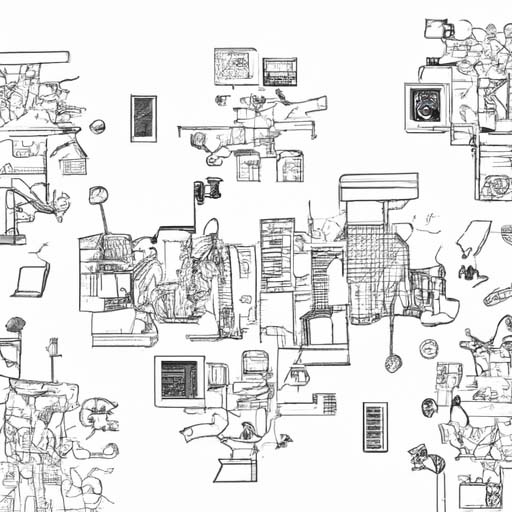The legal industry is experiencing a transformative revolution through the automation of legal workflows. This technological advancement is reshaping traditional legal work by offering increased efficiency, accuracy, and cost-effectiveness. Automation allows tasks to be completed electronically based on client-provided data, streamlining processes and reducing labor-intensive work. Legal automation utilizes technology to streamline repetitive tasks, optimize routine activities, and enhance accuracy. It enables real-time updates, notifications, and compliance checks, ensuring precise document creation, reducing errors, and adhering to regulatory standards. Automation tools also reduce the need for extensive manual labor, resulting in cost savings and resource optimization for law firms and legal departments. However, legal task automation presents challenges and considerations, including ethical implications, data privacy concerns, and cybersecurity risks. Establishing ethical guidelines, implementing data protection measures, and staying informed about regulatory frameworks are crucial. The future of legal practice lies in the collaboration between human expertise and automated tools, as ongoing advancements in artificial intelligence, machine learning, and natural language processing refine and expand the capabilities of legal automation. Legal professionals must adapt to evolving technologies and continuously learn to effectively leverage automation tools in their practice.
